 This case is decided upon an economic theory which a large part of the country does not entertain. If it were a question whether I agreed with that theory, I should desire to study it further and long before making up my mind. But I do not conceive that... This case is decided upon an economic theory which a large part of the country does not entertain. If it were a question whether I agreed with that theory, I should desire to study it further and long before making up my mind. But I do not conceive that...  The Outlook - Page 5771911Full view The Outlook - Page 5771911Full view - About this book
 | Electronic journals - 1928 - 1174 pages
...theory which a large part of the country does not entertain. If it were a question whether I agreed with that theory, I should desire to study it further...the right of a majority to embody their opinions in law. It is settled by various decisions of this court that state constitutions and state laws may regulate... | |
 | John Mabry Mathews, Clarence Arthur Berdahl - Local government - 1928 - 1004 pages
...theory which a large part of the country does not entertain. If it were a question whether I agreed with that theory, I should desire to study it further...the right of a majority to embody their opinions in law. It is settled by various decisions of this court that state constitutions and state laws may regulate... | |
 | John Mabry Mathews, Clarence Arthur Berdahl - Local government - 1928 - 1004 pages
...45, 75-76; 49 L. Ed. 937, 949.] Mr. Justice Holmes, dissenting: READINGS IN AMERICAN GOVERNMENT for 5 conceive that to be my duty, because I strongly believe...agreement or disagreement has nothing to do with the rip i a majority to embody their opinions in law. It is settled by various decisions of this court... | |
 | 1910 - 1144 pages
...people of a State are primarily for the State to guard and protect. Justice Holmes, spoke as follows : I strongly believe that my agreement or disagreement...the right of a majority to embody their opinions in law. It is settfed by various decisions of this Court that State Constitutions and State laws may regulate... | |
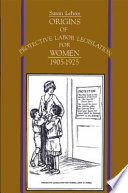 | Susan Lehrer - Law - 1987 - 332 pages
...majorities, inquiry may be returned, whether they are to be at the mercy of judicial majorities. 43 This case is decided upon an economic theory which...it further and long before making up my mind. But . . . my agreement or disagreement has nothing to do with the right of a majority to embody their opinions... | |
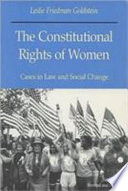 | Leslie Friedman Goldstein - Law - 1988 - 660 pages
...theory which a large part of the country does not entertain. If it were a question whether I agreed with that theory, I should desire to study it further...the right of a majority to embody their opinions in law. It is settled by various decisions of this court that state constitutions and state laws may regulate... | |
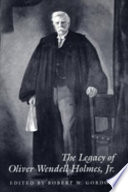 | Robert Watson Gordon - Law - 1992 - 342 pages
...his back on economics altogether. The true judge will rise above every opinion on the subject since "my agreement or disagreement has nothing to do with...the right of a majority to embody their opinions in law." By implication, the judges of the majority opinion are partisans who "share" or "embody convictions... | |
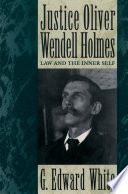 | G. Edward White - Biography & Autobiography - 1995 - 649 pages
...legislation of the kind proposed for the baking industry by the New York legislature. He simply said that "my agreement or disagreement has nothing to do with the right of the majority to embody their opinions in law."56 On receiving his April issue of the Harvard Law Review,... | |
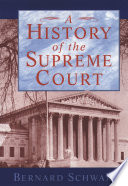 | Bernard Schwartz - History - 1993 - 480 pages
...not consistent with his conception of the judicial function. "If it were a question whether I agreed with that theory, I should desire to study it further...making up my mind. But I do not conceive that to be my dut)', because I strongly believe that my agreement or disagreement has nothing to do with the right... | |
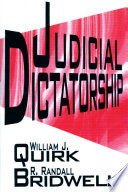 | William Quirk, R. Randall Bridwell - Law - 1995 - 162 pages
...the Fourteenth Amendment" and the federal courts. Justice Oliver Wendell Holmes, dissenting, said, "I strongly believe that my agreement or disagreement...the right of a majority to embody their opinions in law." The Court overruled the will of the state majority time after time. Holmes dissented time after... | |
| |